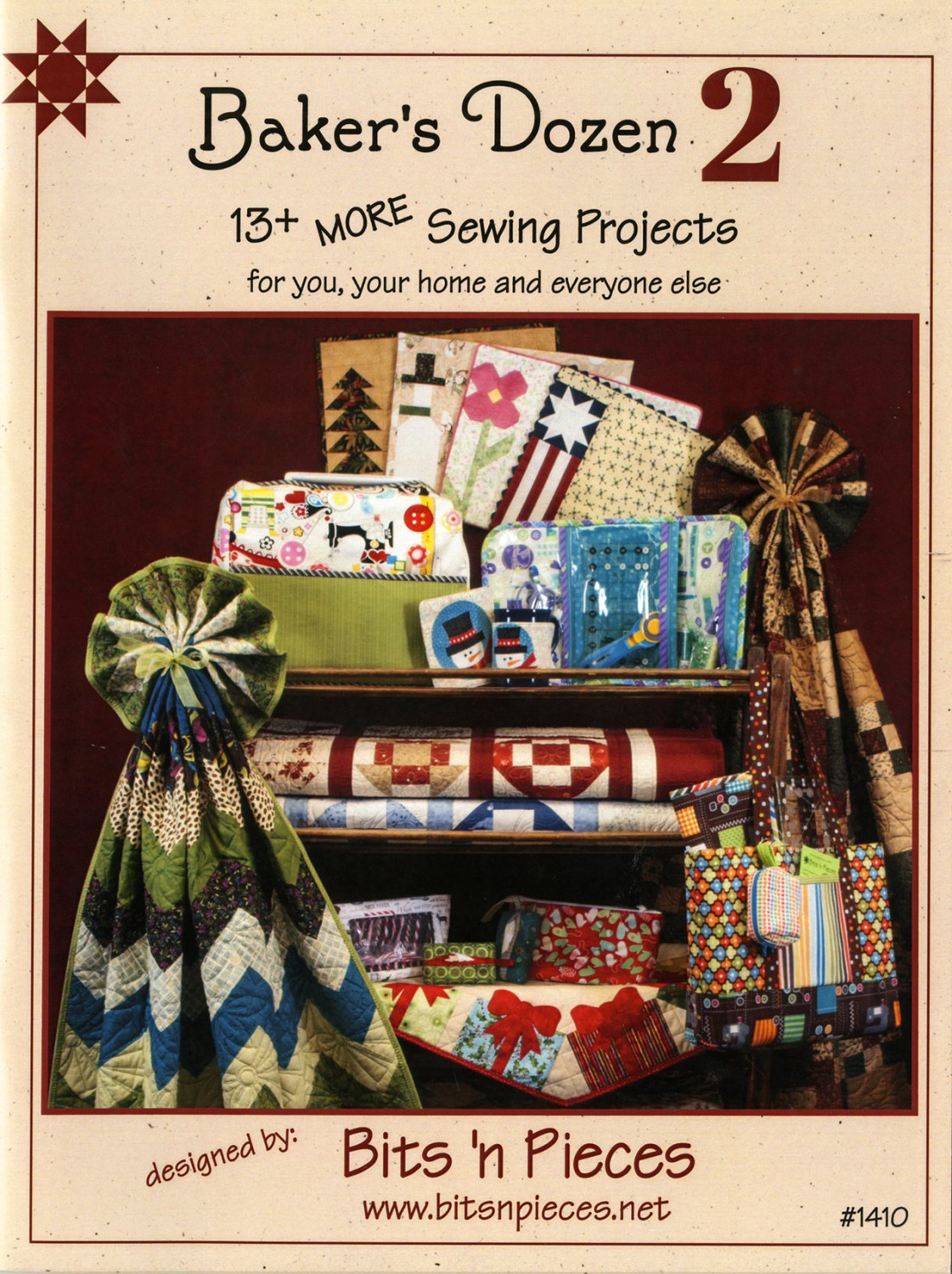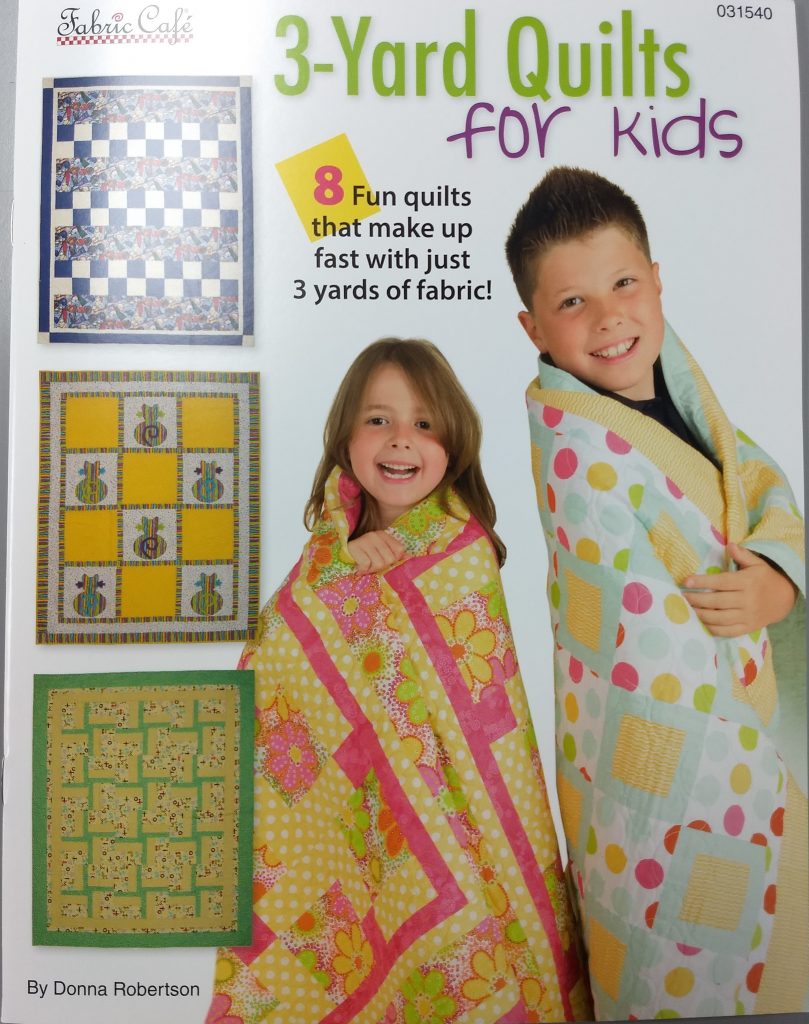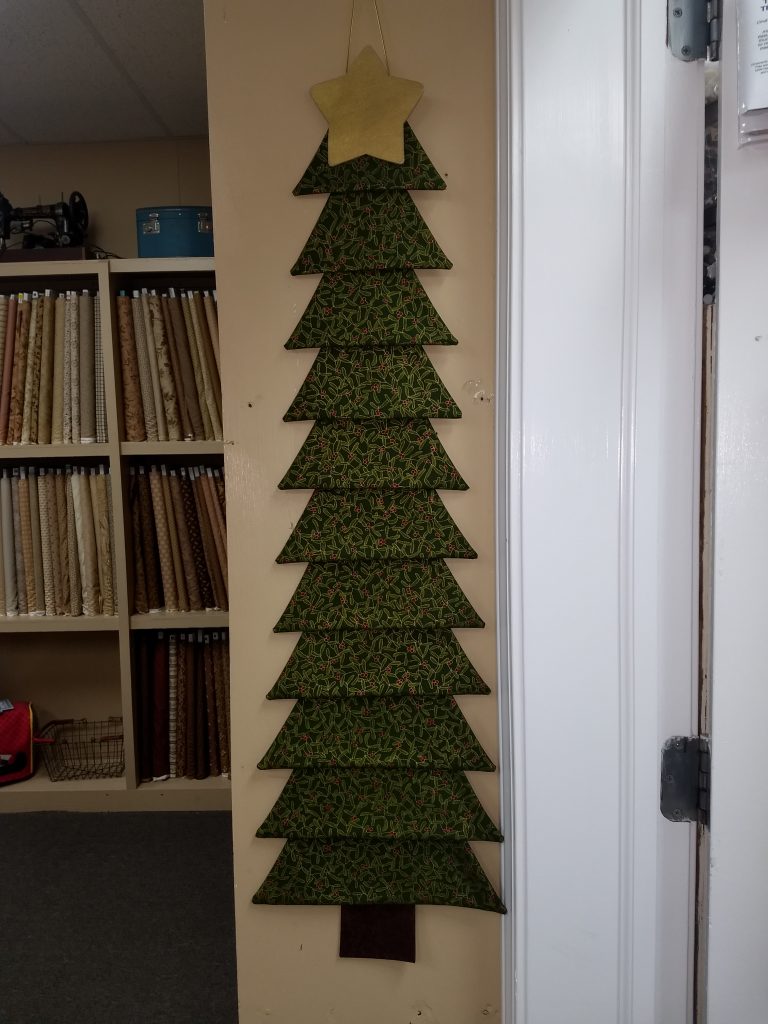Why We Love Bad Christmas Movies

“Twinkle All The Way.” “Jingle Bell Bride.” “Merry Kissmass.” “The Christmas Prince.”
Year after year, networks like Hallmark and Lifetime ― and now even streaming services like Netflix ― inundate us with a slew of terribly cheesy holiday movies (with inane titles to match). And year after year, we eat it all up.
This is a heading

Whether you proudly tweet about your Hallmark movie consumption or hide the guilty pleasure, the fact remains that these over-the-top, formulaic, questionably acted films have a real audience.
But why are so many of us drawn to these cheesy made-for-TV holiday movies? HuffPost asked some mental health experts to break down our not-so-secret love affair.
They offer a sense of certainty.

Made-for-TV holiday movies are famous for following the same predictable formula, from the plot structure to the set decoration to the specific holiday motifs. And as much as we mock this approach, our brains actually tend to love the certainty, particularly in times of uncertainty like the COVID-19 pandemic.
“The human brain loves patterns and predictability, especially when we are stressed out,” said Kati Morton, a licensed marriage and family therapist and author of “Are U Ok? A Guide to Caring for Your Mental Health.”
“Knowing what to expect can be relaxing because it shows life in a much simpler way without all of the unknowns and complexities of regular life,” she added. “We can find ourselves seeking out these predictable films as a way to comfort ourselves and escape from this difficult time.”
We’re attracted to simple solutions.
Morton believes that people may be watching these kinds of movies even more this year because they present simple fixes to very complex issues like finding a partner, navigating relationship conflicts, dealing with childhood trauma, grieving a loved one, reuniting family and more.
“And it’s all figured out in an hour and a half!” she said. “We can be attracted to the easy solutions because our day-to-day life can seem to have more questions than answers.”
